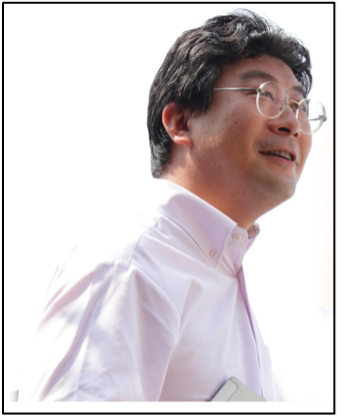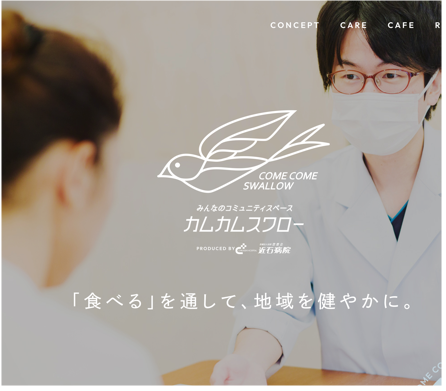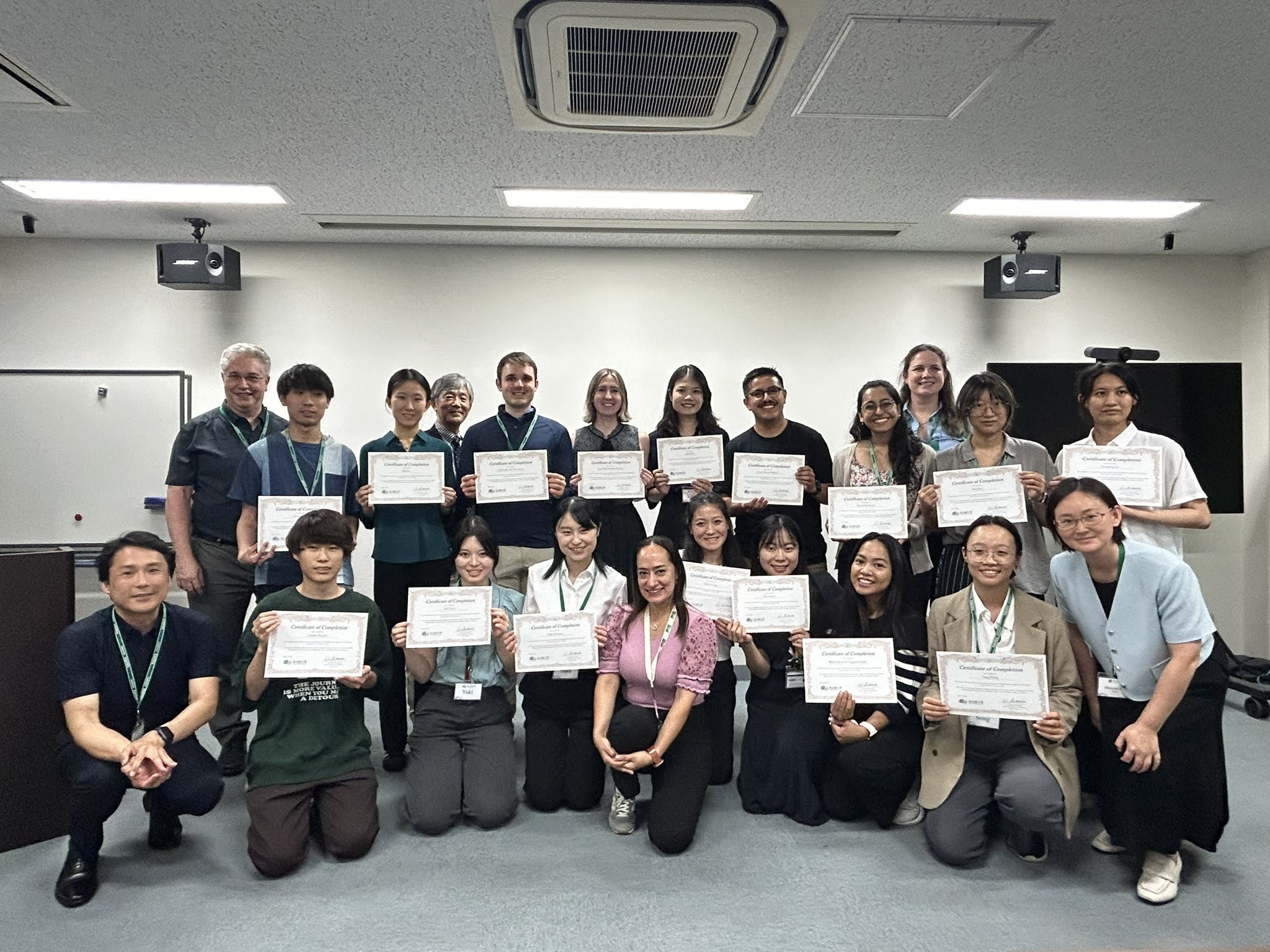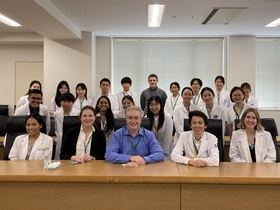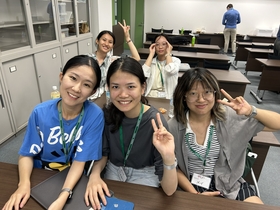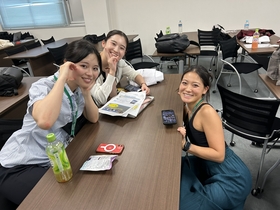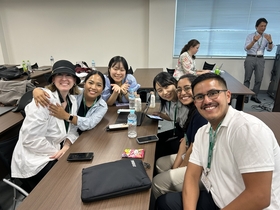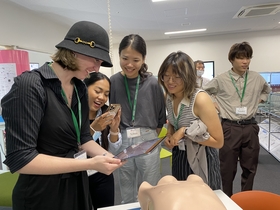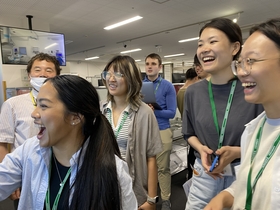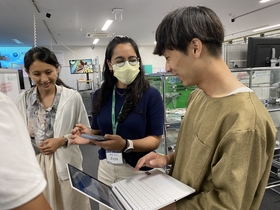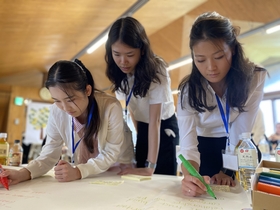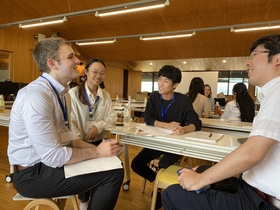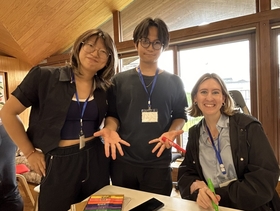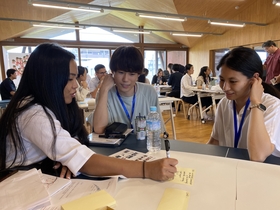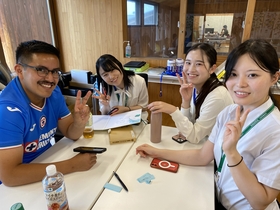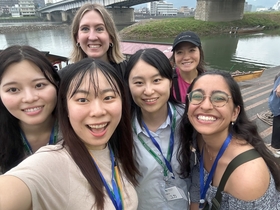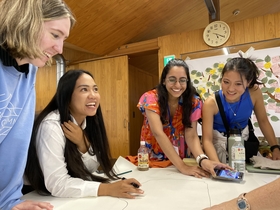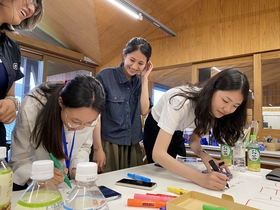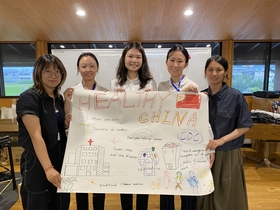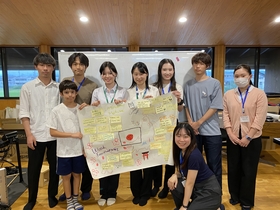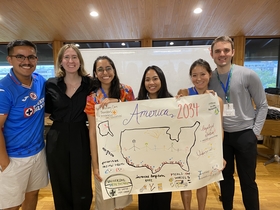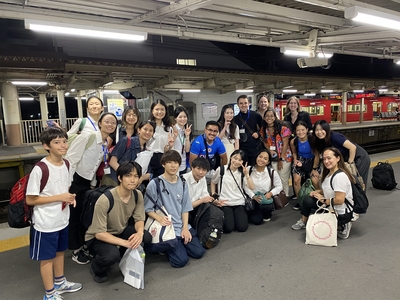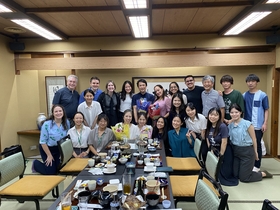2024 Nagoya University International Summer Program Report
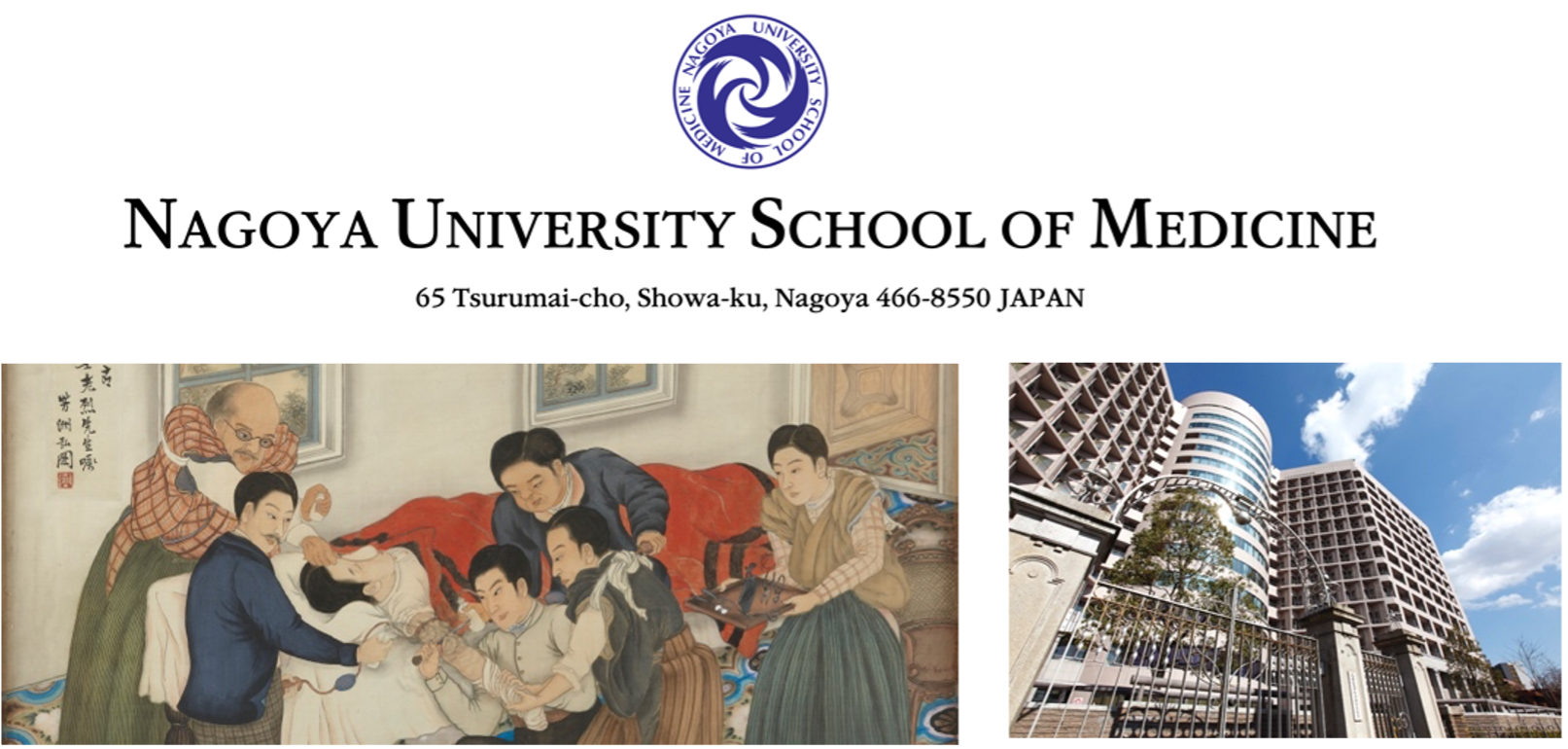
Summary and Objectives
From July 7 to July 14, 2024, Nagoya University School of Medicine hosted an international summer program as part of its global medical education initiatives. The program welcomed 11 students and 2 faculty members from four partner institutions--Duke University, the University of North Carolina at Chapel Hill (UNC), Peking University, and the newly collaborating University of California, Davis (UC Davis)--along with 7 students from Nagoya University. Under the theme "Bridging Community Medicine and Innovations in Japan", participants gained firsthand experience in community healthcare and medical innovations in Japan. In addition to fieldwork and lectures, the program included guided laboratory visits at Nagoya University, allowing participants to explore ongoing research in a variety of medical fields.
Through the program, students explored differences in healthcare systems and education, learned about medical challenges in various countries, and deepened mutual understanding. Additionally, the program offered opportunities to experience Japan's traditions and history, making it a highly enriching experience.
The program was further enriched by the participation of three distinguished guests: Dr. David Gordon from Duke University, Dr. Claire Larson from the University of North Carolina at Chapel Hill, and Dr. Hiroyuki Umegaki from Nagoya University.
Dr. Gordon, an Associate Professor of Emergency Medicine at Duke University, brought his extensive expertise in emergency and trauma care to the program. Together with Professor Naoyuki Matsuda, Chair of the Department of Emergency and Critical Care Medicine at Nagoya University Graduate School of Medicine, he co-hosted the 2024 US-Japan Seminar on Trauma Care. This collaborative event provided valuable insights into international innovation and best practices in trauma medicine. With a career spanning leadership roles in both emergency medicine and surgery, Dr. Gordon's contributions--alongside those of Professor Matsuda--highlighted the importance of cross-border knowledge sharing in advancing acute medical care.
Dr. Larson, an Assistant Professor of Medicine in the Division of Geriatric Medicine at UNC Chapel Hill, delivered an engaging lecture on geriatric primary care and home visits. Drawing on her experience in falls prevention, complex care management, and medical education, Dr. Larson highlighted the value of patient-centered care and the role of interdisciplinary approaches in addressing the challenges of an aging population. Her lecture inspired participants to reflect on the importance of understanding patients' values and maximizing their quality of life.
Dr. Hiroyuki Umegaki, a Professor of the Department of Geriatrics at Nagoya University School of Medicine, and a prominent expert in geriatrics at Nagoya University, provided an in-depth perspective on Japan's aging society. His lecture focused on the integration of community medicine and advanced geriatric research, offering practical approaches to managing healthcare for elderly patients. Professor Umegaki's contributions underscored the necessity of innovation and collaboration in addressing the complexities of aging populations.
Together, these esteemed guests provided participants with unique perspectives, inspiration, and practical knowledge, further enhancing the program's impact and aligning with its overarching theme of "Bridging Community Medicine and Innovations in Japan."
Exploring Academic Research: Laboratory Visits at Nagoya University
On July 8 from 15:00 to 18:00, participants took part in guided visits to various research laboratories within Nagoya University School of Medicine. This session provided an invaluable opportunity to explore the academic research environment in Japan and to learn how scientific discovery underpins clinical practice.
Students were divided into small groups and visited the following laboratories based on their interests:
-
Healthcare Administration (Prof. Yamamoto)
-
Maternal and Perinatal Care (Prof. Kajiyama and Dr. Sumigama)
-
Dermatology (Prof. Akiyama and Dr. Tanahashi)
-
Community Healthcare and Geriatrics (Prof. Umegaki)
-
Neurosurgery (Prof. Saito and Dr. Fuse)
-
Cell Physiology (Prof. Kuba)
-
Rheumatology (Prof. Imagama)
-
Endocrinology and Diabetes (Prof. Arima and Dr. Onoue)
Each group was welcomed by faculty members who shared insights into their current research themes, methodologies, and the real-world applications of their findings. Students engaged in discussions on topics ranging from population health and chronic disease management to surgical innovation and translational research in aging.
This experience allowed participants to gain a deeper appreciation of the role that academic research plays in advancing medical care. It also underscored the importance of interdisciplinary approaches and international perspectives in solving complex healthcare challenges.
Fostering Innovation and Entrepreneurship in Healthcare
To explore the future of healthcare and medical innovation, participants attended a special session at Nagoya University featuring initiatives at the intersection of medicine, technology, and entrepreneurship. The session introduced Tongali, an entrepreneurship support program launched in 2016 to promote student-led startups through free education, workshops, and mentoring.
Ms. Sawako Tanaka explained how the program encourages community-based innovation through interdisciplinary collaboration.
Dr. Masaomi Saeki, Assistant Professor of Orthopedic Surgery and an expert in upper limb reconstruction, introduced the concept of Biodesign--a structured innovation process for identifying unmet medical needs and developing practical solutions. Drawing on his experience with medical startups and his publications on healthcare innovation, Dr. Saeki shared examples of how clinicians can lead entrepreneurial projects to address complex challenges in medicine and public health.
Participants also visited the Medical xR Center, where they experienced virtual clinical training using VR/AR technologies.
Finally, Dr. Shintaro Oyama shared the Smart Hospital Concept, an ongoing initiative at Nagoya University Hospital that incorporates multifunctional robots, AI, and IoT to enhance hospital efficiency and patient care. He also introduced his work on telemedicine using 5G technology, especially for telerehabilitation and mobile diagnostics in remote aging communities. These sessions showcased how academic institutions in Japan are actively reimagining healthcare through technological and entrepreneurial innovation.
Learning About Community Medicine and Medical Innovations
To explore community healthcare, participants visited the Kagayaki Comprehensive Home Healthcare Clinic in Gifu Prefecture.
This clinic, founded in 1998 by Dr. Ryoichi Ichihashi, a Nagoya University graduate, provides home-based medical care rooted in the local community. As an undergraduate, Dr. Ichihashi participated in a clinical training program at the University of Pennsylvania, an experience that helped shape his approach to patient care and community medicine.
"What remains after a person dies is not what they have gathered, but what they have given."
Dr. Ryoichi Ichihashi, founder of the Kagayaki Home Healthcare Clinic
Students accompanied physicians on home visits, experiencing firsthand the practice of home healthcare in Japan. This allowed them to appreciate the importance and role of family medicine and home visits while developing practical medical skills and communication techniques with patients. Participants also observed interprofessional collaboration in patient care, learning how healthcare teams work cohesively to support patients.
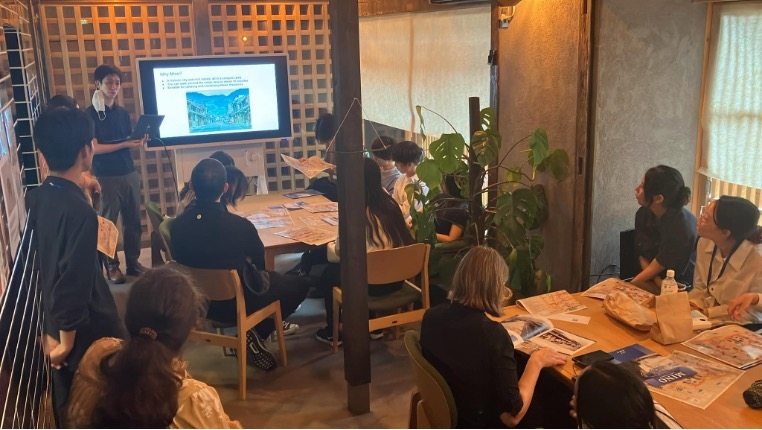 Fieldwork in Mino City
Fieldwork in Mino City
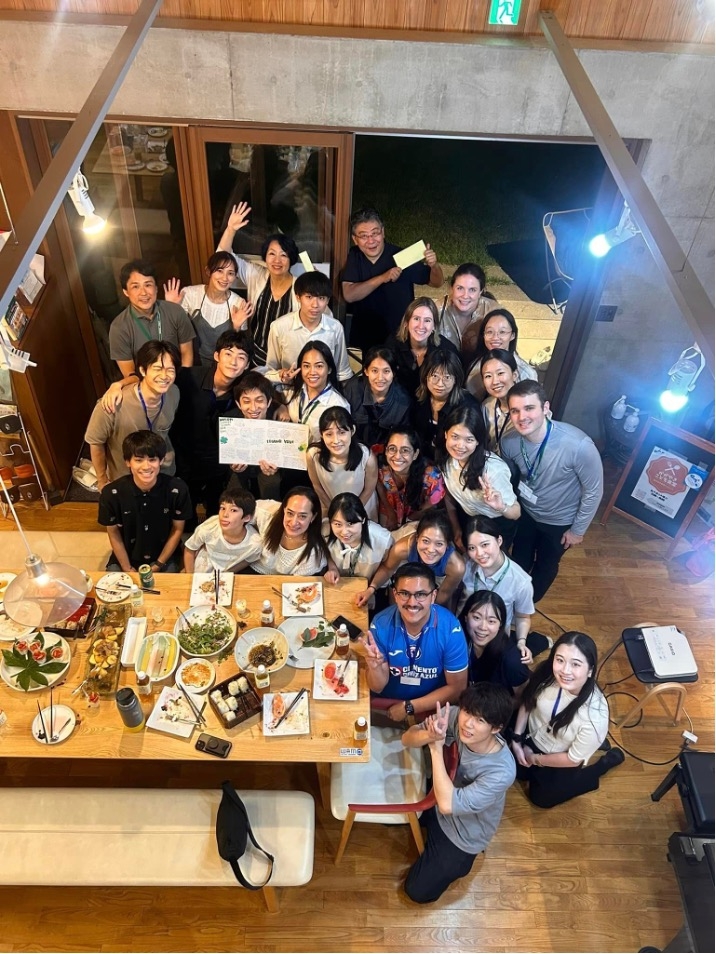 Reception at the clinic
Reception at the clinic
 Published in the Chunichi Newspaper, Gifu Edition on July 11, 2024
Published in the Chunichi Newspaper, Gifu Edition on July 11, 2024
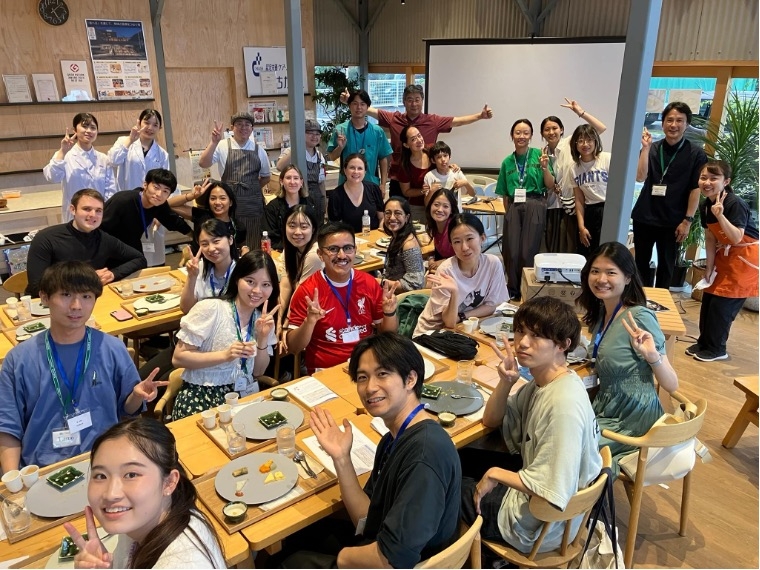 Observation and training at a restaurant providing regional dysphagia-friendly meals and morning service
Observation and training at a restaurant providing regional dysphagia-friendly meals and morning service
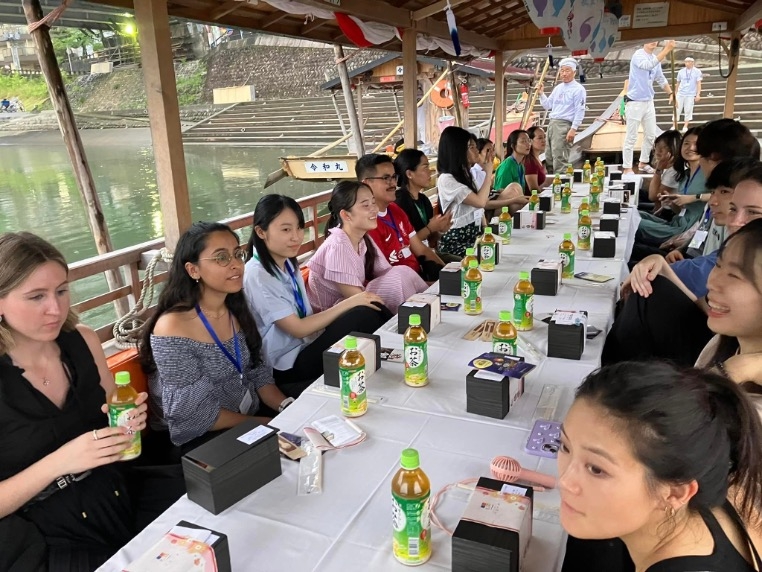 Experience on a cormorant fishing boat
Experience on a cormorant fishing boat
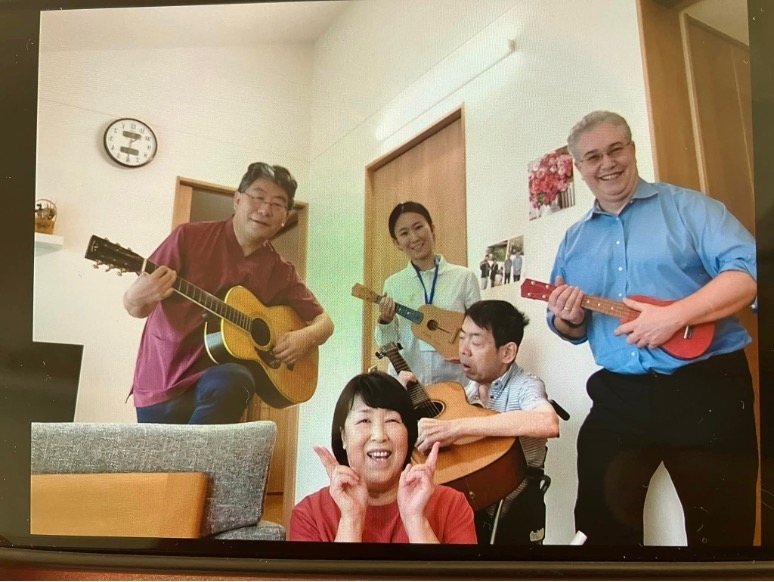 Listening to a story about music therapy at a patient's home
Listening to a story about music therapy at a patient's home
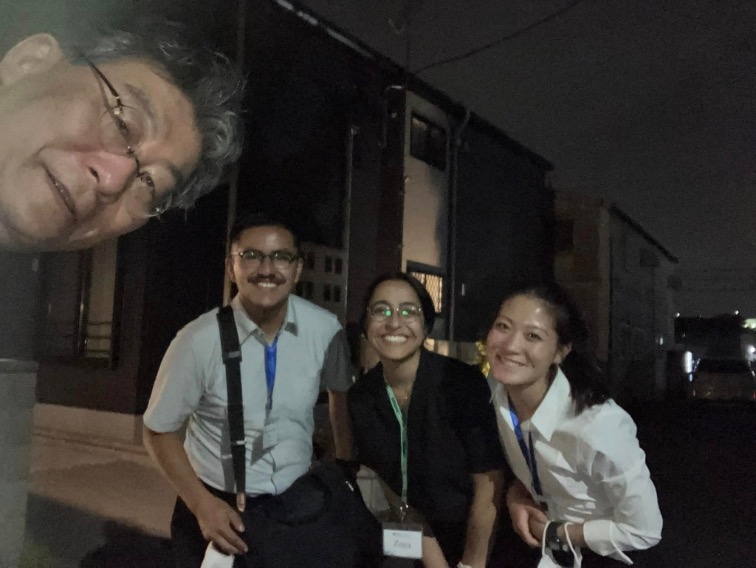 Accompanying a night-time emergency home visit for end-of-life care
Accompanying a night-time emergency home visit for end-of-life care
The program also included visits to facilities for children with disabilities, where students observed thoughtful facility designs, and a specialized café, Cam Cam Swallow, which provides meals tailored to individuals with swallowing disorders. Students gained insight into the importance of ensuring enjoyment and dignity in eating for people with special dietary needs.
Educational highlights included a special lecture from Nagoya University's Tongali entrepreneurship education program, hands-on experiences at the xR Center, and lectures on the Smart Hospital initiative at Nagoya University Hospital. A Clinical Case Discussion (CCD) seminar, led by Lecturer Itzel Bustos, used New England Journal of Medicine case reports to engage students from three countries in active discussions. This fostered mutual understanding among participants with diverse medical backgrounds.
The program also featured discussions on the current and future state of community healthcare. Students presented their vision for their respective countries' healthcare systems 30 years into the future, reflecting on their systems while learning from others. This activity offered a valuable opportunity to understand how culture and policies influence healthcare globally.
Promoting International Medical Education
The program successfully cultivated global perspectives and intercultural understanding among participants, laying a strong foundation for future contributions to international medical practice. As globalization continues to reshape healthcare, such international exchange initiatives play a vital role in advancing medical education and fostering cross-border collaboration.
In addition to clinical and community-based experiences, the program offered participants a rare opportunity to engage with Japan's academic research and innovation landscape. Through guided laboratory visits, students observed cutting-edge medical research and interacted with faculty members, gaining valuable insights into the integration of research and clinical care. These encounters inspired many to reflect on the importance of scientific inquiry in shaping effective, compassionate healthcare.
Furthermore, lectures on topics such as entrepreneurship, digital health, and hospital innovation--including telemedicine using 5G technology and the Smart Hospital Concept--offered a forward-looking perspective on how academic institutions can lead transformation in healthcare delivery. These sessions underscored the critical role of technology and interdisciplinary thinking in addressing the evolving needs of aging societies.
Nagoya University School of Medicine remains committed to implementing similar international programs to nurture the next generation of global healthcare leaders. By cultivating practical medical skills, broad perspectives, and deep cultural understanding, the university strives to produce physicians equipped to advance innovation and international cooperation in medicine. We extend our heartfelt gratitude to the many faculty members and stakeholders who supported this program, and we sincerely request your continued support in the years to come.
Special Guests
The program was privileged to feature three distinguished guest speakers who contributed significantly to the depth and impact of the learning experience.
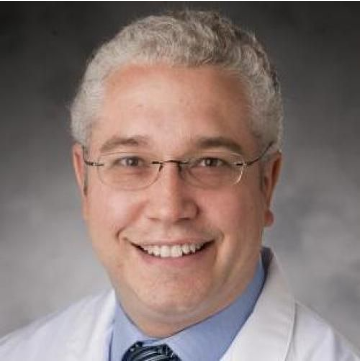
Dr. Gordon (Duke University)
A renowned expert in trauma care, Dr. Gordon participated in the 2024 US-Japan Seminar on Trauma Care: Sharing Knowledge and Advancing, held as part of this program. His sessions provided valuable insights into advanced trauma care practices and emphasized the importance of international collaboration in addressing global medical challenges. Dr. Gordon's expertise enriched the discussions, offering participants a global perspective on trauma care innovations.
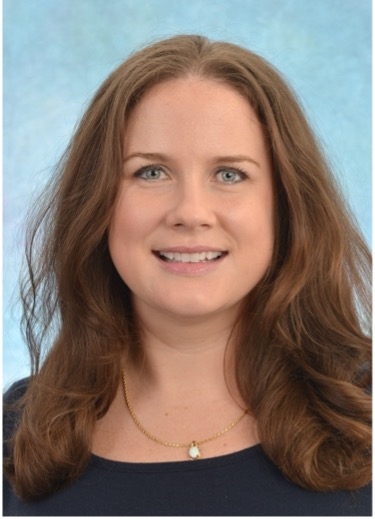
Dr. Larson (University of North Carolina at Chapel Hill)
A renowned Geriatrician, Dr. Larson delivered a lecture on geriatric primary care and home visits, sharing her vast experience in falls prevention, complex care management, and medical education. Her patient-centered approach highlighted the importance of understanding patients' values, passions, and challenges in order to maximize their quality of life. Dr. Larson's session inspired participants to consider the broader societal impact of healthcare and emphasized the role of compassionate care in improving outcomes for aging populations.
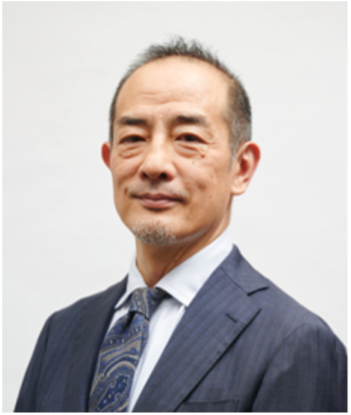
Dr Hiroyuki Umegaki (Nagoya University)
A leading expert in geriatrics at Nagoya University School of Medicine, Professor Umegaki shared his extensive knowledge on aging populations and the challenges posed by Japan's rapidly aging society. His lecture focused on the integration of community medicine with cutting-edge research in geriatrics, providing participants with practical insights into the complexities of managing healthcare for elderly patients. Professor Umegaki's contributions underscored the importance of interdisciplinary collaboration and innovation in addressing the needs of aging populations.
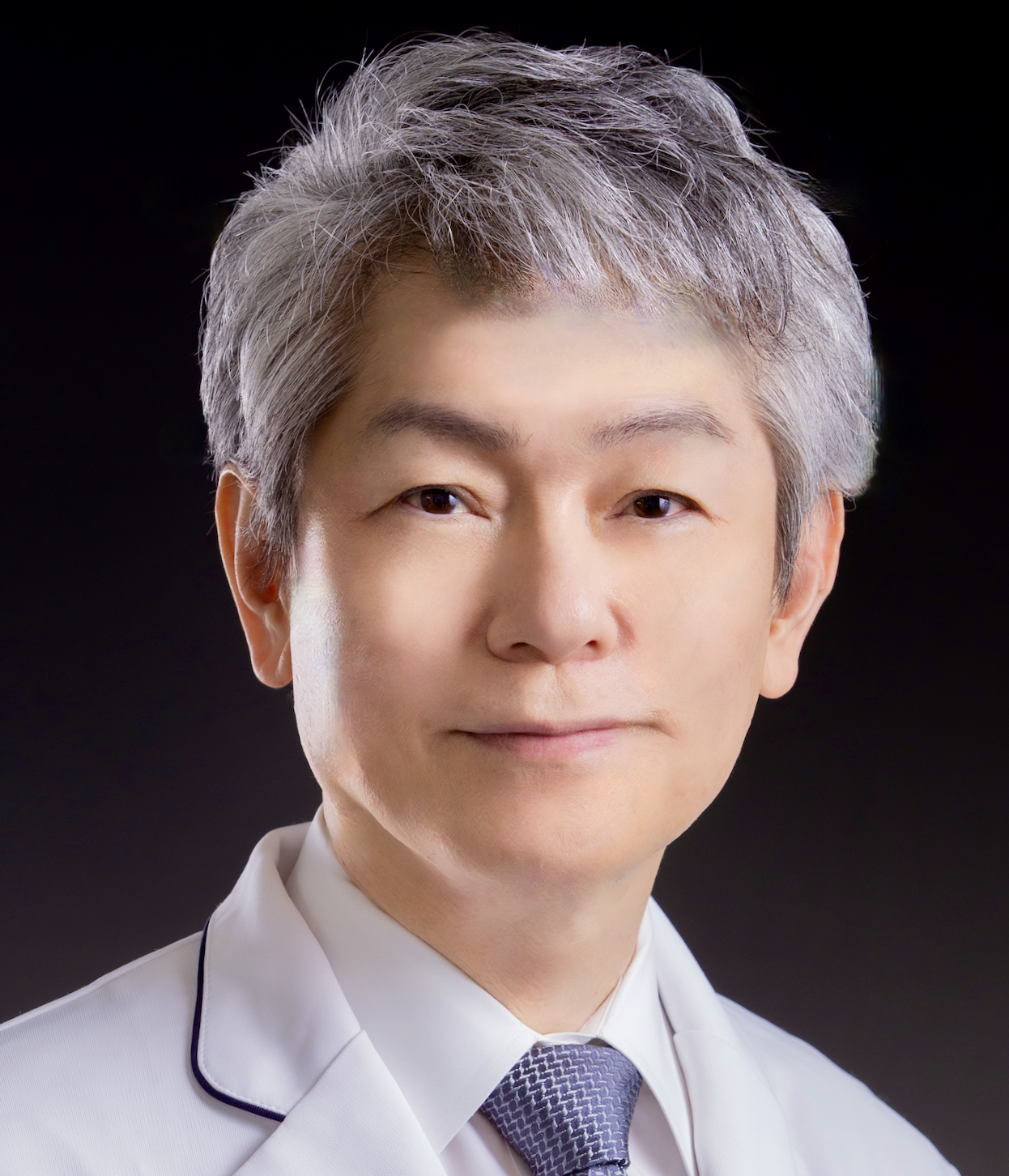
Dr. Naoyuki Matsuda (Nagoya University)
A distinguished expert in emergency and critical care medicine, Professor Matsuda serves as the Chair of the Department of Emergency and Critical Care Medicine at Nagoya University Graduate School of Medicine. In the 2024 US-Japan Seminar on Trauma Care, he shared his in-depth expertise on the organization and delivery of acute medical services in Japan. His presentation emphasized the vital role of interdisciplinary coordination and rapid response systems in improving trauma outcomes. Professor Matsuda's insights highlighted the importance of international collaboration and continuous innovation in the evolving field of emergency medicine.
Participants: Click to Read Their Stories
Duke University
University of North Carolina (UNC)
University of California, Davis (UC Davis)
Peking University
Nagoya University
The program was structured to accommodate a wide range of academic interests, and participants were able to engage not only in clinical and community-based experiences but also in research-focused activities through laboratory visits. These visits complemented the broader learning objectives and allowed students to explore potential areas of specialization.
